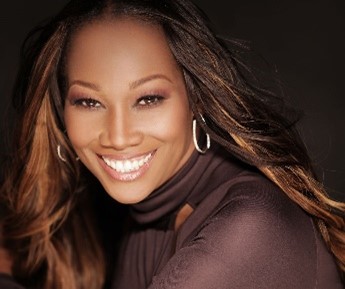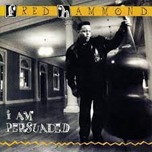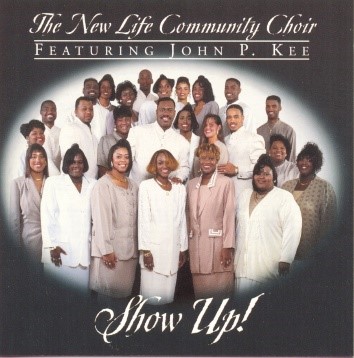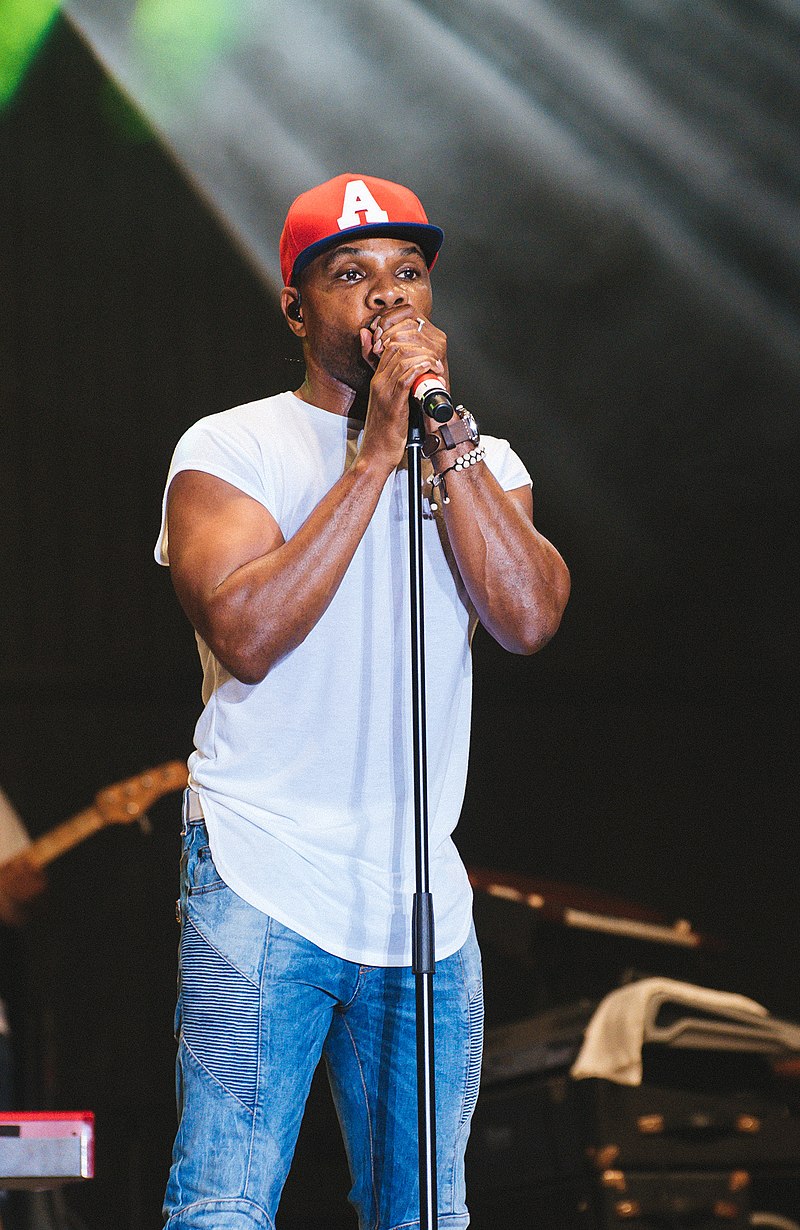
Popular Gospel Performers in the 1980s and 1990s 1
The following are some popular gospel music performers during the 1980s through most of the 1990s, now under the auspices of urban contemporary gospel:
| ARTIST | CONTRIBTUIONS |
|---|---|
 Yolanda Adams |
Yolanda Adams is a current artist who bridges secular and sacred audiences with contemporary-sounding music characteristics and performance practices with evangelical lyrics. For example, listen to Adams' natural and full-throated vocal production in her song " The Only Way " from the 1991 album The Essential Yolanda Adams. Here, her voice stands out against instrumental practices heard in funk, such as the slap bass technique developed by Larry Graham of Sly & The Family Stone and syncopated accents performed by the entire band. " Through the Storm " from the same album begins with the pianist playing blues and jazz harmonies and rhythms. Adams hosted her radio show from 2007 to 2016, which is considered the first nationally syndicated gospel show. In 2014, Billboard bestowed her the title of Gospel Artist of the Last Decade. |
 Fred Hammond |
Vocalist and bassist, Fred Hammond is also greatly noted for his skills as a producer. He was a member of the vocal group Commissioned. " Ordinary Just Won't Do" from the 1989 album of the same name was one of their popular songs. In the introduction of his song " I Am Persuaded " from the album by the same name, one hears guitar with wah-wah effect, as well as the synthesized sound called "hit" at 00:11. A keyboard synthesizer, rather than electric bass guitar, provides the bass sound. Finally, the electronic sounding snare drum (a typical sound in 1990s secular songs) is heard throughout playing with reverb on beats two and four. |
 John P. Kee |
John P. Kee believes that his humble beginnings are instrumental in his calling from God to assist others. Around 1985, he formed The New Life Community Choir in Charlotte, NC (his birth state). He performs " Show Up " from the 1989 album The Essential John P. Kee in the praise and worship manner. In 1990 he founded the Victory in Praise Music and Arts Seminar Mass Choir as a means to network with songwriters, vocalists, instrumentalists, and choir directors |
In 1993 a revolutionary gospel release entered the charts. Kirk Franklin and the Family was one of the first Black female-owned GospoCentric label products, formed in the same year as Franklin's debut (Borzillo 1995, 23). Vicki Mack Lataillade, the founder of GospoCentric, had worked with some of the biggest acts in the industry, including The Winans, Tramaine Hawkins, and Take Six , an a cappella (originally) male sextet with a vocal texture grounded in jazz (Collins 1994, 27; Franklin 1998, 154). After a somewhat lackluster debut, GospoCentric marketed Kirk Franklin and the Family carefully and strategically to maximize airplay and exposure of the album in the mainstream.
Defying the original GospoCentric projection of 100,000 units, sales of Kirk Franklin and the Family eventually reached over one million copies (Collins 1994, 27). Why We Sing," the major hit on the album, won two Dove awards from the predominantly White Gospel Music Association, two Stellar awards, conferred by the Black gospel music industry, and the James Cleveland Gospel Music Workshop of America 1994 Excellence Award (Jones 1995, 65). Below is a 1995 live performance at the Twenty-Sixth Annual GMA (Gospel Music Association) Dove Awards program of "Why We Sing." Presented in the praise and worship style, Kirkland rhythmically offers the lyrical call as the nine singers respond imitationally in unison and harmony. As previously mentioned, concerning an innovative approach to choir singing by James Cleveland, you will notice the nine singers sound as if they are one voice.

Kirk Franklin - Why We Sing [ 00:00-00:00 ]






